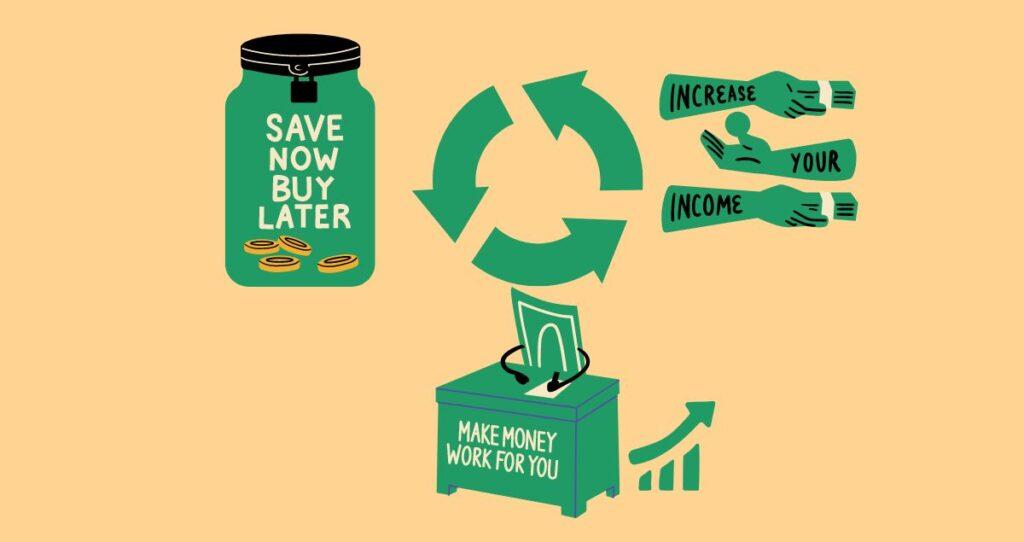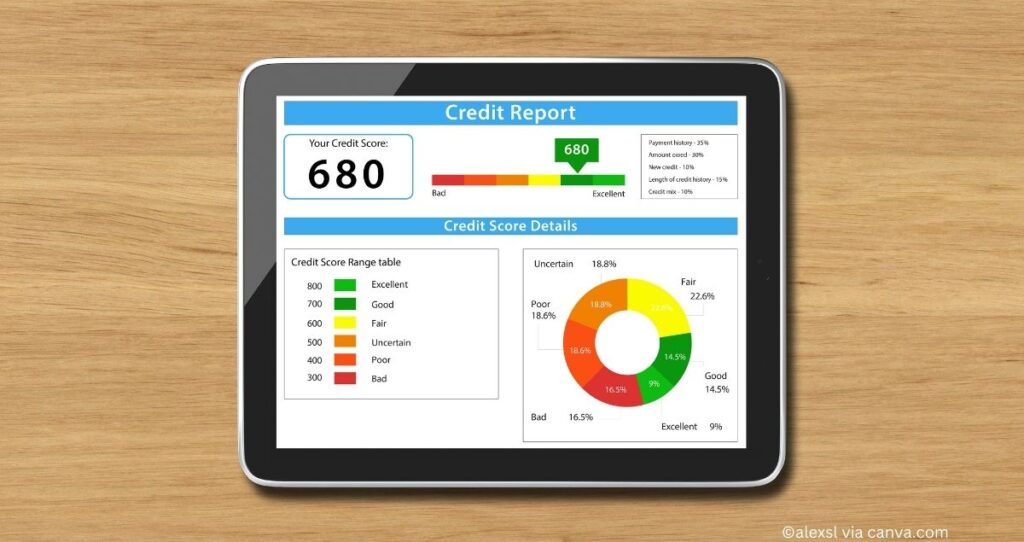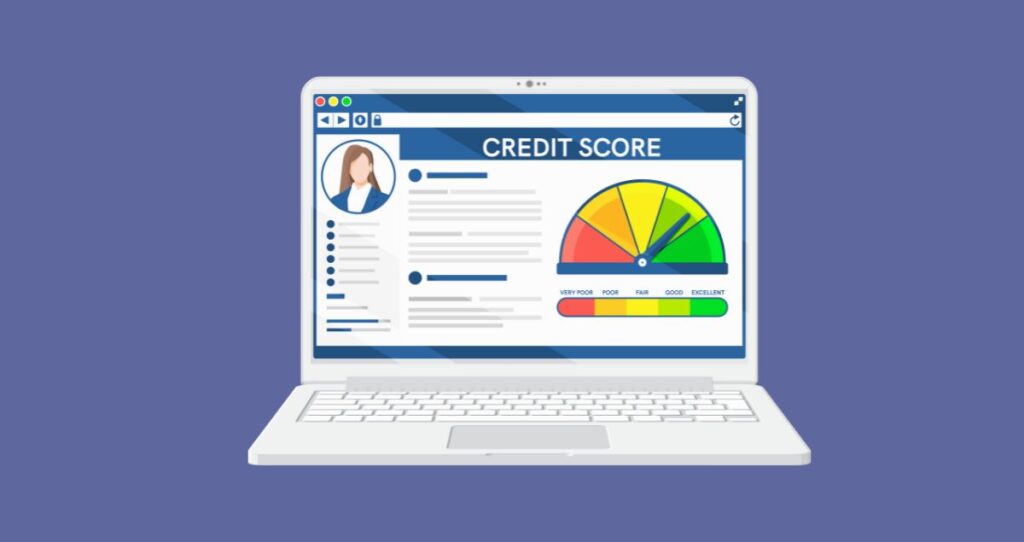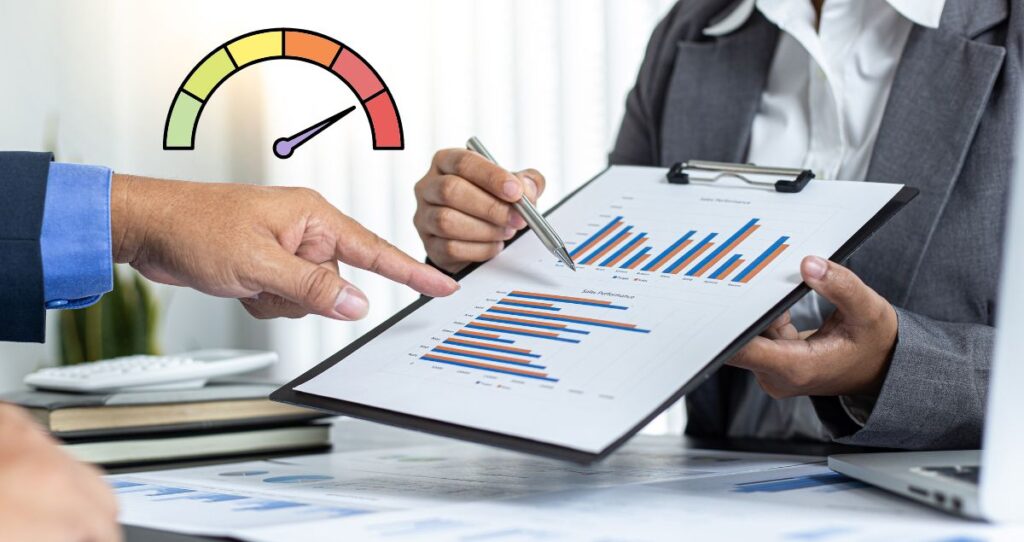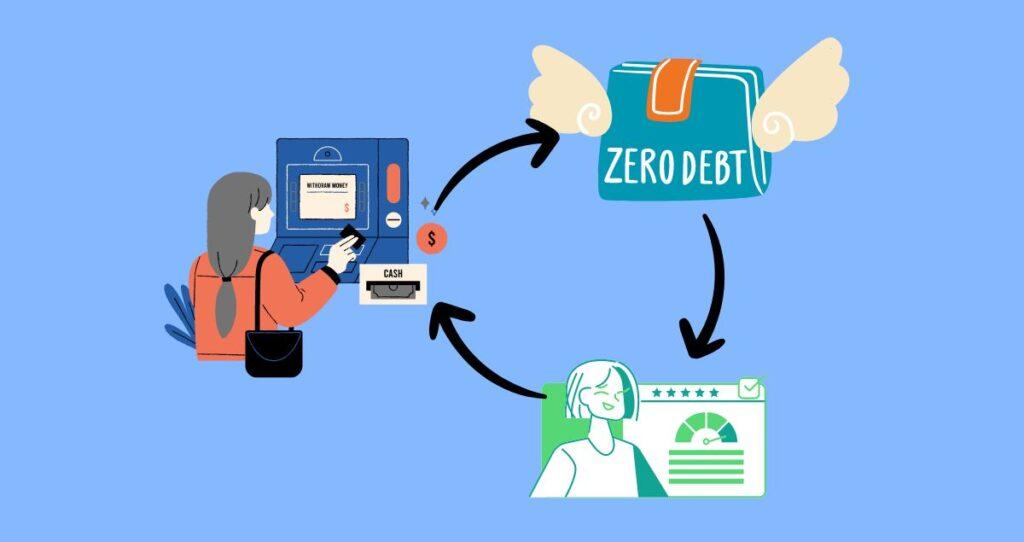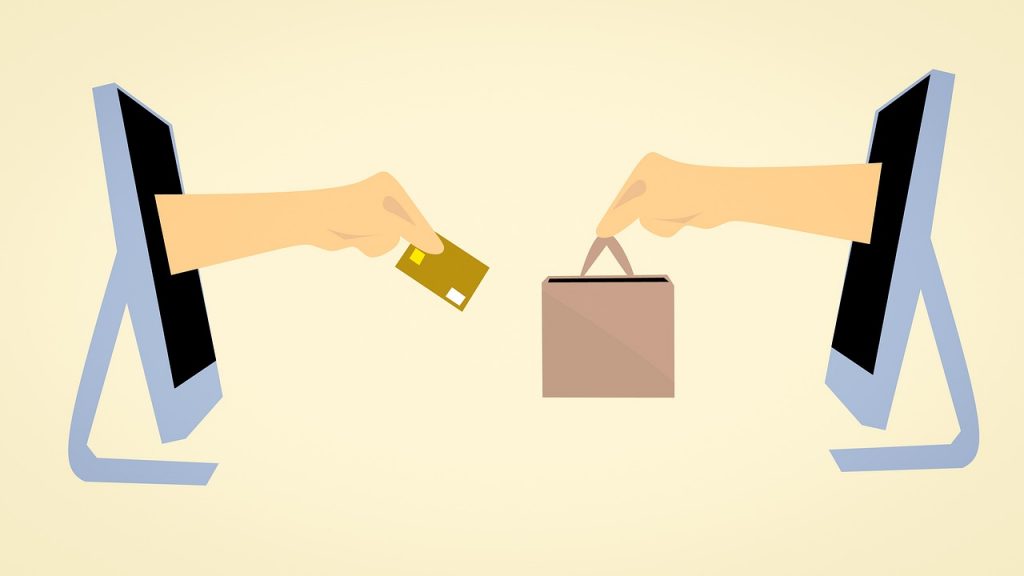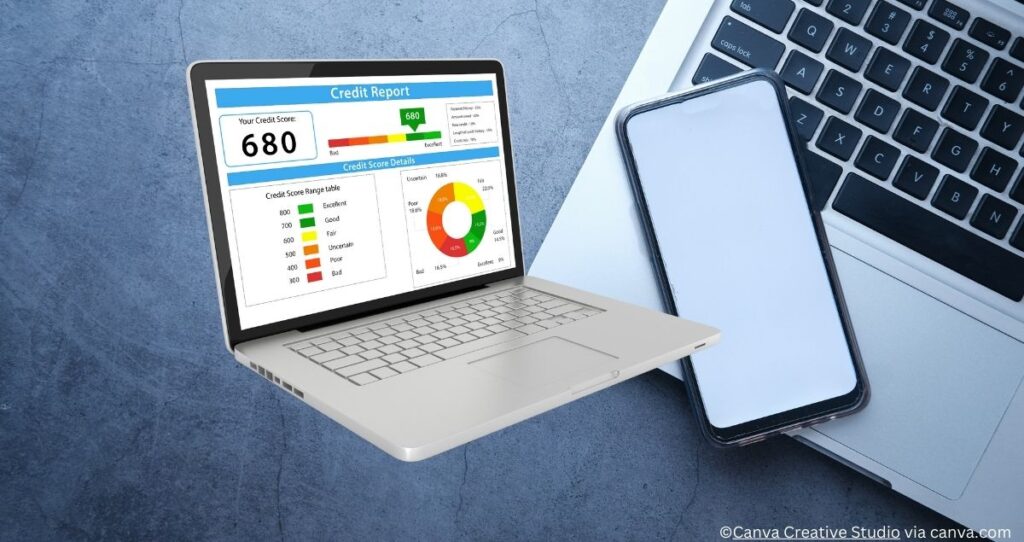How does payment history affect your credit score? Payment history is the most significant factor in your credit score calculations, accounting for 35% of your FICO score and 40% of VantageScore. Late payments can drop your credit score by 100 points or more and remain on your credit reports for 7 years. Consistently paying your bills on time is a great way to improve your creditworthiness and raise your credit score. In this article, I will walk you through how payment history affects your credit score and tips to improve your payment history.
Key Takeaways
- Payment history is a major factor in credit score calculations, accounting for 35% of FICO scores and 40% of VantageScore.
- A late payment stays on your credit reports for 7 years, but its impact fades over time. Your credit score can drop to 100 points or more if a late payment is reported to major credit reporting agencies (Equifax, TransUnion, and Experian).
- Another factor tied to payment history is the length of your credit. The longer you use credit and have a track record of on-time payments, the higher your credit score will be.
- Paying your bills on time is a great way to improve your credit.
- You can improve your payment history by disputing errors in your credit reports, setting up autopay, paying more than the minimum requirements, and making payments before the due date.
Here is everything you need to know about how payment history affects your credit score and strategies to improve your payment history.
Why is your payment history important?
Your payment history is very important as it helps investors and lenders evaluate how risky it is to lend you money. The best way to understand what lenders want when borrowing money is to put yourself in their shoes.
Let’s assume you are a lender, and some random person shows up for a loan.
What are the top two questions you would need answers for?
Regardless of how much money the person borrows, the following are the top two questions you would need answers to.
- Is the borrower qualified for the loan? If so,
- How much of a loan can they afford to pay off?
The borrower’s payment history will be critical in answering these two questions. In other words, the payment history will show that:
- The borrower had loans
- How much those loans were
- Their payment behaviors(missed payments and how many, evictions due to missed payments, payments sent to collections, etc.)
Lenders consider borrowers with a history of late payments on their credit reports risky, making it difficult for them to qualify for loans. If they are eligible for loans, they pay higher interest to balance the risk lenders take.
How does a payment history affect your credit score?
The payment history affects your credit score more than any other factor. As noted by myFICO, the payment history accounts for 35% of your FICO credit score calculations. The better your payment history, the higher your credit score will be. A good payment history makes you a less risky borrower. As a result, you qualify for better loans with favorable terms and lower interest rates.
A single late payment on your credit report can drop your credit score by more than 100 points, and it will stay on your credit report for seven years.
What are other factors affecting your credit score?
Other factors will affect your credit score calculations, according to Experian. These factors include the following:
| Factor | Effect on Credit score |
| Payment History | 35% |
| Credit Utilization | 30% |
| Length of Credit | 15% |
| Credit Mix | 10% |
| Hard Inquiries | 10% |
- You might also like 6 Factors That Improve Or Hurt Your Credit Score.
How many days a payment is considered late and reported?
A missed payment will not be reported as a late payment right away. As noted by NerdWallet, missed payments can legally be reported and affect your credit score after 30 days from the due date.
Late payments are reported to credit reporting bureaus(Equifax, TransUnion, and Experian) after 30 days from the due date. Your credit score will drop once a late payment is reflected on your credit reports.
You must make the minimum monthly payment on your credit accounts to avoid late payments.
- You might also like: A complete guide on credit reports
What are credit accounts considered for payment history?
While making timely payments is essential for improving your credit score, not every money account is considered in credit score calculations. As reported by myFICO, the following accounts are considered for payment history.
- Installment loans
- Mortgages
- Retail accounts
- Accounts from financial companies
- Credit cards
How to improve payment history?
Since your payment history is the most important factor in your credit score calculations, avoiding late payments on your credit reports is critical to paying all your bills on time. If you have bad credit due to late payments or want to improve your payment history, here are tips to get your payment history back on track.
1. Start making payments on time
The first and most important step in improving your payment history is to start making your payments on time.
Although you don’t necessarily have to pay your bills in full each month, you should always meet the minimum monthly payments on each account. If you have credit cards, for example, your credit card provider will post the total balance and give you payment options. One of these options will be the minimum payment required to avoid late payments.
However, remember that making more than the minimum payment will prevent you from paying interest on your balance.
- You might also like 11 Easy Ways To Reduce Credit Card Debt
2. Work with your lender on missed payments
You should always be honest with your lenders and communicate any financial hardships you might be facing. If you missed a lot of payments and cannot keep up with charges, talk to your lender(s). Most lenders are willing to work with you to minimize the chances of loan default, as it is costly for both you and the lender.
Your lender might be willing to adjust your monthly payments, waive interest, or other measures to reduce the risk of default.
3. Set up payment alerts
Do you miss your payments because you forget? I can’t blame you. It is sometimes challenging to keep up with all your loans. For example, you could easily miss a few payments if you have three credit cards, two car loans, and a mortgage.
Setting up a payment reminder will help you pay all your bills on time and keep a clean payment record.
4. Reduce credit card usage and avoid accumulating more debt
If you have a late payment on your credit reports due to having too much debt, reducing your credit card usage can help lower your debt balance. For example, if you have accumulated a lot of credit card debt, the first step to improve your payment history is to reduce credit card spending.
Why is this important?
Reducing your credit card usage will prevent your debt from increasing exponentially. Think of this as a leaking roof pouring water inside your house. Your first step should not be to clean the mess. Instead, you should seal the hole in the roof and clean it later (as long as it is safe).
This concept can also apply to debt. For example, reducing your credit card usage will keep your debt manageable. This is more effective for those who cannot meet monthly payment requirements. As you pay down your balance, your debt balance goes lower faster, allowing you to improve your financial situation quickly.
- You might also like How To Pay Off Credit Card Debt? 10 Tips I Used
5. Set up automatic payments
Are you too busy to log in to each of your accounts and make a payment? If so, setting up automatic payments can solve this problem.
Most lenders and credit card providers allow you to sign up for autopay. If you accept these services, lenders will withdraw money from your account on the specified monthly date.
NOTE: You must always keep enough money in your bank account to avoid late payments, charges, and fees from your lender and overdraft fees from your bank.
6. Get a second job or pick up a side hustle
Are you falling behind because you don’t have enough money to make all your payments? If so, getting a second job or a side hustle can help.
Creating a second income will bring in more money that you can allocate toward paying off your debt. If you don’t like having a second job, you can work extra hours at your current job as long as your employer(s) allows it.

